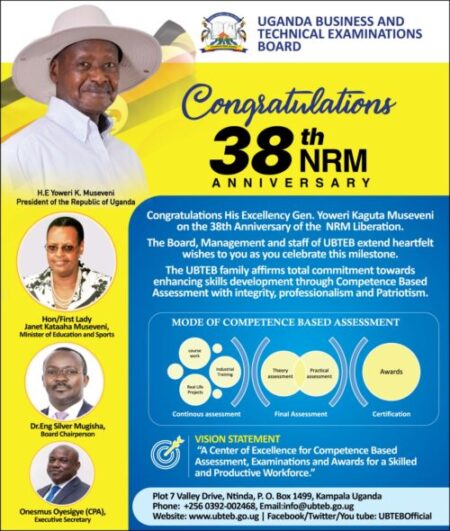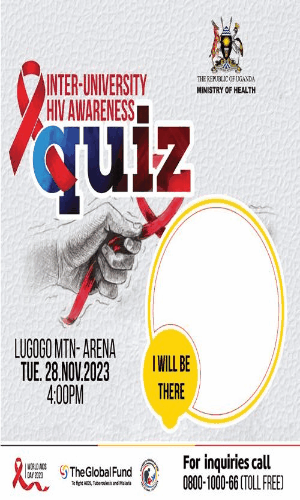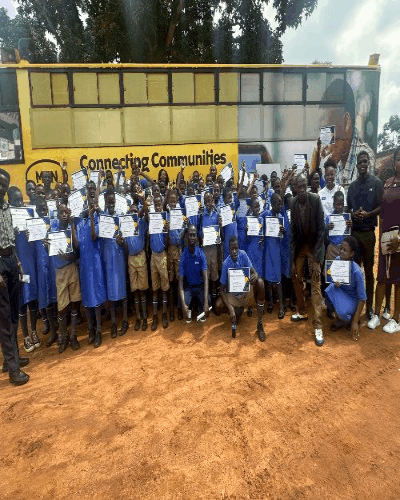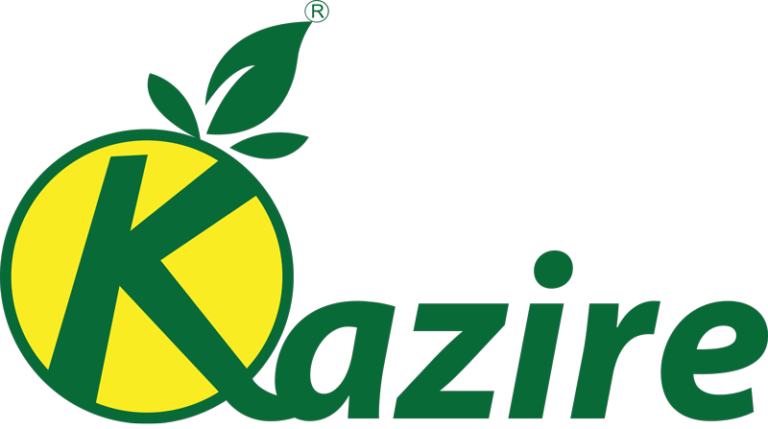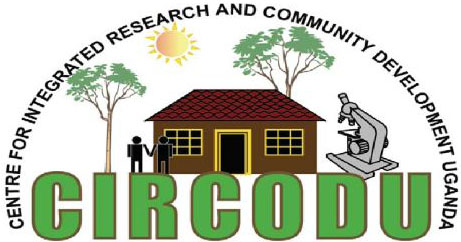Kampala, Uganda – In a significant move to address the escalating violence in the Democratic Republic of the Congo (DRC), the United Nations Security Council has imposed sanctions on leaders from six armed groups.
This decision, announced on February 21, 2024, reflects the international community’s commitment to addressing the root causes of the conflict and curbing the activities of armed groups in the northeastern region.
The UN Security Council strategically imposed an arms embargo, travel ban, and asset freeze on leaders associated with factions such as the Allied Democratic Forces (ADF), Twirwaneho armed group, National Coalition of the People for the Sovereignty of Congo (CNPSC) rebels, M23 Tutsi-led rebels, and the Democratic Forces for the Liberation of Rwanda (FDLR).
Robert Wood, the Deputy Permanent Representative of the United States to the UN, emphasized that these individuals bear responsibility for numerous abuses, justifying the need for targeted sanctions.
The accusations against Rwanda for backing the M23 group add a geopolitical dimension to the situation, emphasizing the complex regional dynamics at play.
Background and Rationale for Sanctions
The northeastern region of the DRC has been a longstanding hotbed of conflict, leading to the displacement of millions over the past three decades.
The severity of the crisis prompted the United Nations to take decisive action, resorting to targeted measures to curb the activities of armed groups and address the underlying causes of the conflict.
Evolving Conflict Dynamics
The inclusion of the M23 rebel group, which recently resumed its activities after a dormant period, underscores the dynamic and evolving nature of the conflict.
The resumption of violence by the M23 group in 2021 has posed renewed challenges to regional stability, necessitating a recalibration of international responses.
Humanitarian Crisis and Impact on Civilians
The violence in the northeastern region has led to the displacement of millions and triggered a severe humanitarian crisis. Reports describe harrowing accounts of civilian suffering, including summary executions, abductions, and sexual violence.
The UN’s acknowledgment of cases of cholera and attacks on humanitarian actors underscores the urgent need for intervention to address the dire circumstances faced by the population.
The withdrawal of peacekeeping forces, as requested by President Felix Tshisekedi, poses challenges and raises concerns about the potential security vacuum.
The UN Mission in the DRC (MONUSCO), present in the country for 25 years, is set to withdraw by the end of the year.
This decision comes amid accusations by Tshisekedi that the regional force colluded with rebels instead of fighting them, leading to a shift in reliance on soldiers from the Southern African Development Community (SADC).
International Involvement and Shared Responsibility
The imposition of sanctions is not solely a punitive measure but serves as a signal to regional actors to de-escalate tensions and work collaboratively towards a peaceful resolution.
The international community’s involvement, as reflected in the UN Security Council’s decision, underscores the shared responsibility in addressing the complex and multifaceted challenges faced by the DRC.
The success of these measures hinges on coordinated efforts to address the root causes of the conflict, promote regional cooperation, and ensure the protection of civilians in the affected areas.
As the situation in the DRC remains fluid, the global community will be closely watching the impact of sanctions and the subsequent developments in the ongoing efforts to stabilize the region.
Our Analysis
The UN Security Council’s decision to impose sanctions accentuates the severity of the situation in the DRC, particularly in the northeastern region.
The use of measures such as an arms embargo, travel ban, and asset freeze reflects the international community’s commitment to addressing the root causes of the conflict and curbing the activities of armed groups.
The focus on specific leaders from various factions indicates a targeted approach aimed at disrupting the command structures and capabilities of these groups.
The inclusion of the M23 rebel group, which recently resumed its activities after a period of dormancy, highlights the evolving nature of the conflict and the challenges in maintaining stability in the region.
The violence in the northeastern region has resulted in a significant humanitarian crisis, with millions of people displaced over the past three decades.
The UN’s acknowledgment of the dire situation, including cases of cholera and attacks on humanitarian actors, emphasizes the urgent need for intervention.
The withdrawal of peacekeeping forces, as requested by President Felix Tshisekedi, poses challenges and raises concerns about the potential security vacuum and its consequences on civilian protection.
The sanctions are not only a punitive measure but also a signal to regional actors, urging them to de-escalate tensions and work towards a peaceful resolution.
The international community’s involvement, as reflected in the UN Security Council’s decision, underscores the shared responsibility in addressing the complex and multifaceted challenges faced by the DRC.
The success of these measures will depend on coordinated efforts to address the root causes of the conflict, promote regional cooperation, and ensure the protection of civilians in the affected areas.

The ResearchFinds Team is a reporting channel affiliated with us and operates as a dynamic consortium of seasoned reporters at ResearchFinds News, collectively driven by the mission of transforming intricate research findings into accessible news stories tailored for a wider audience.
This team's diverse expertise spans various disciplines, ensuring that research products from fields like science, technology, health, and social sciences are conveyed in an informative and engaging manner. By bridging the gap between academic research and the general public, the ResearchFinds Team plays a crucial role in making complex research accessible to all.
Each member of the ResearchFinds Team is dedicated to the daily task of not only crafting insightful news stories but also ensuring that these stories are promptly shared on our website. This collaborative approach fosters a commitment to providing well-researched, evidence-based narratives that empower readers with knowledge and stimulate meaningful discussions around important research findings.
The team's collective effort is geared towards breaking down the barriers that often separate the academic world from the broader public, making science and research more comprehensible, engaging, and ultimately contributing to informed decision-making.
Minister of Health, @JaneRuth_Aceng presents #Uganda recommendations at the Climate and Health Ministerial meeting at #COP28 pic.twitter.com/W8Phhq17yH
— Ministry of Health- Uganda (@MinofHealthUG) December 4, 2023




